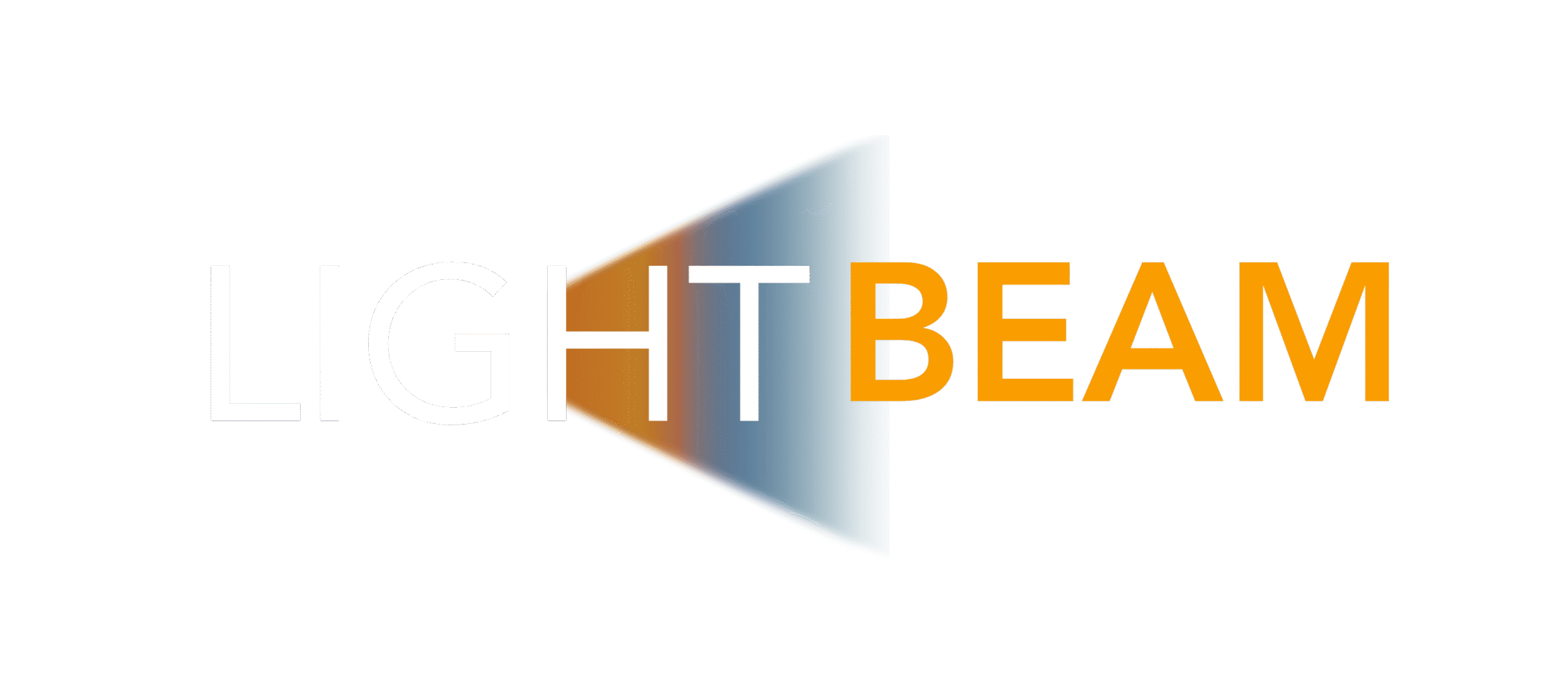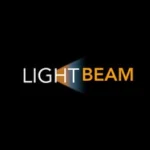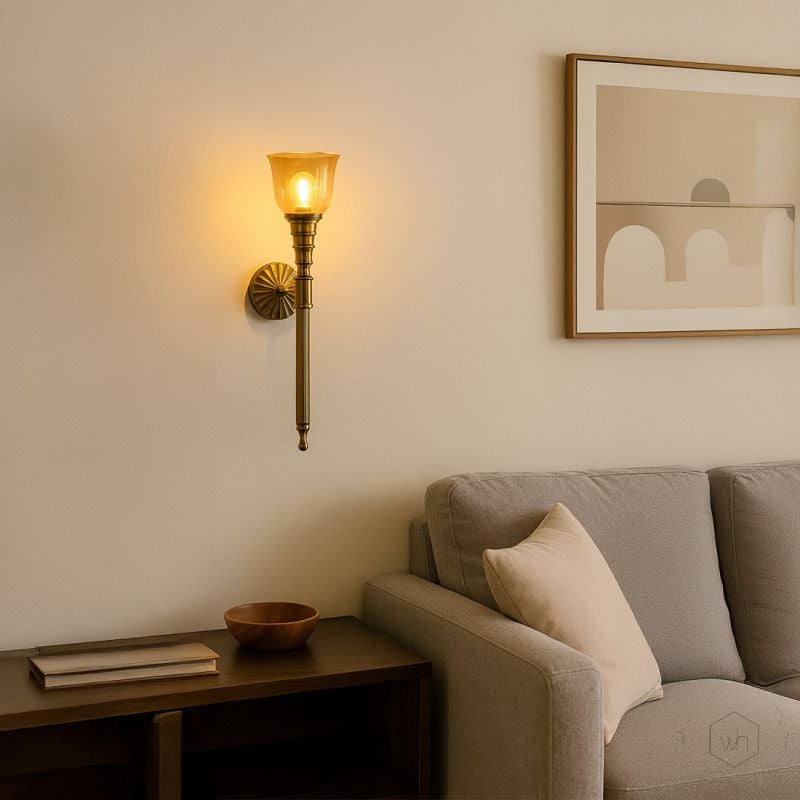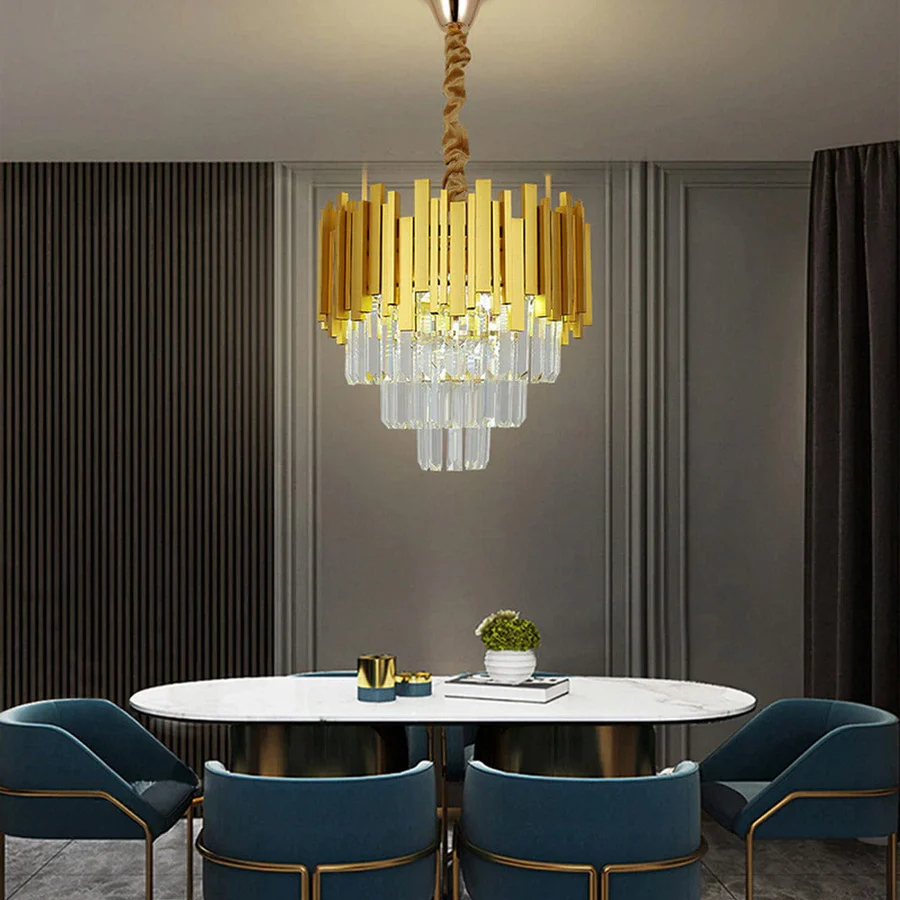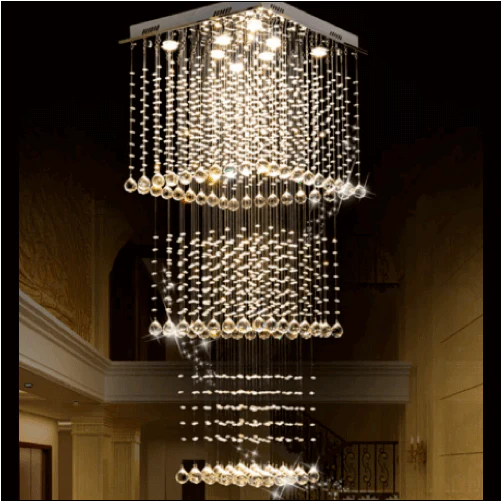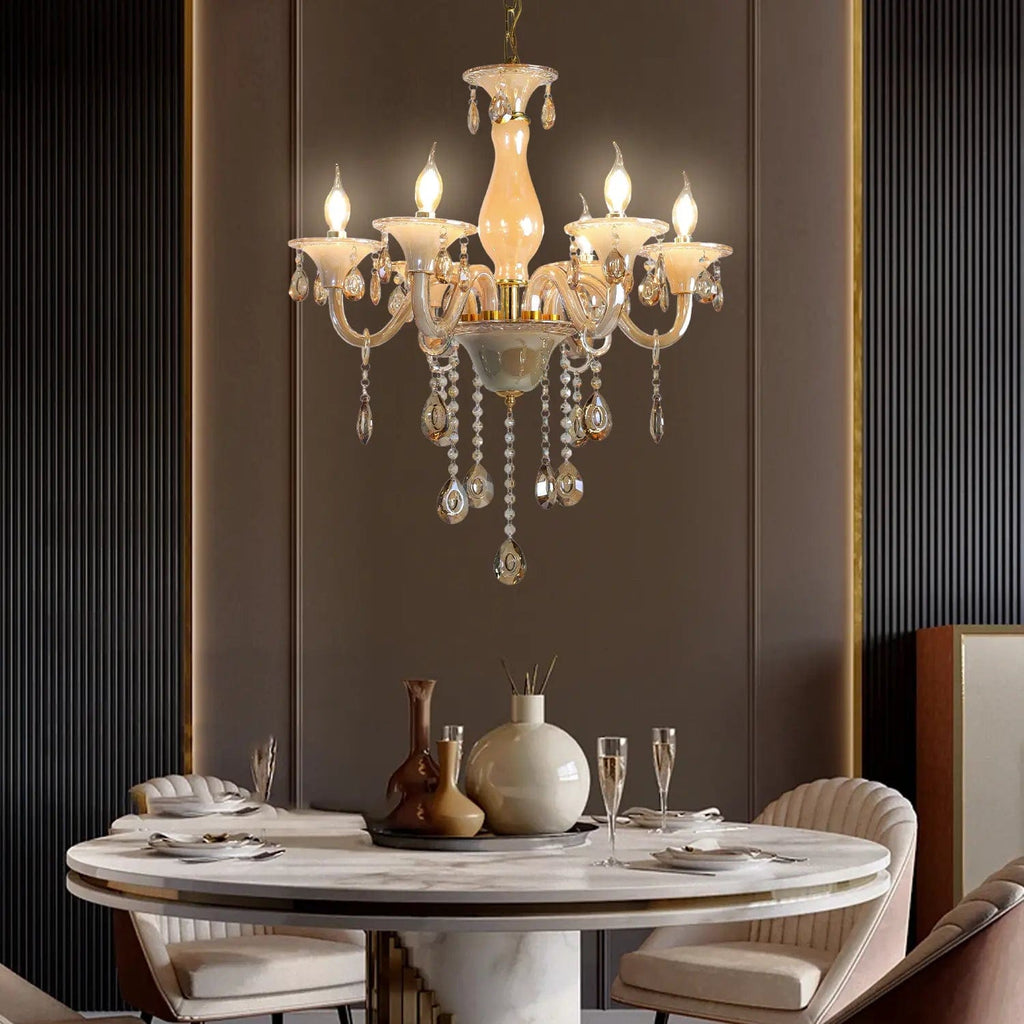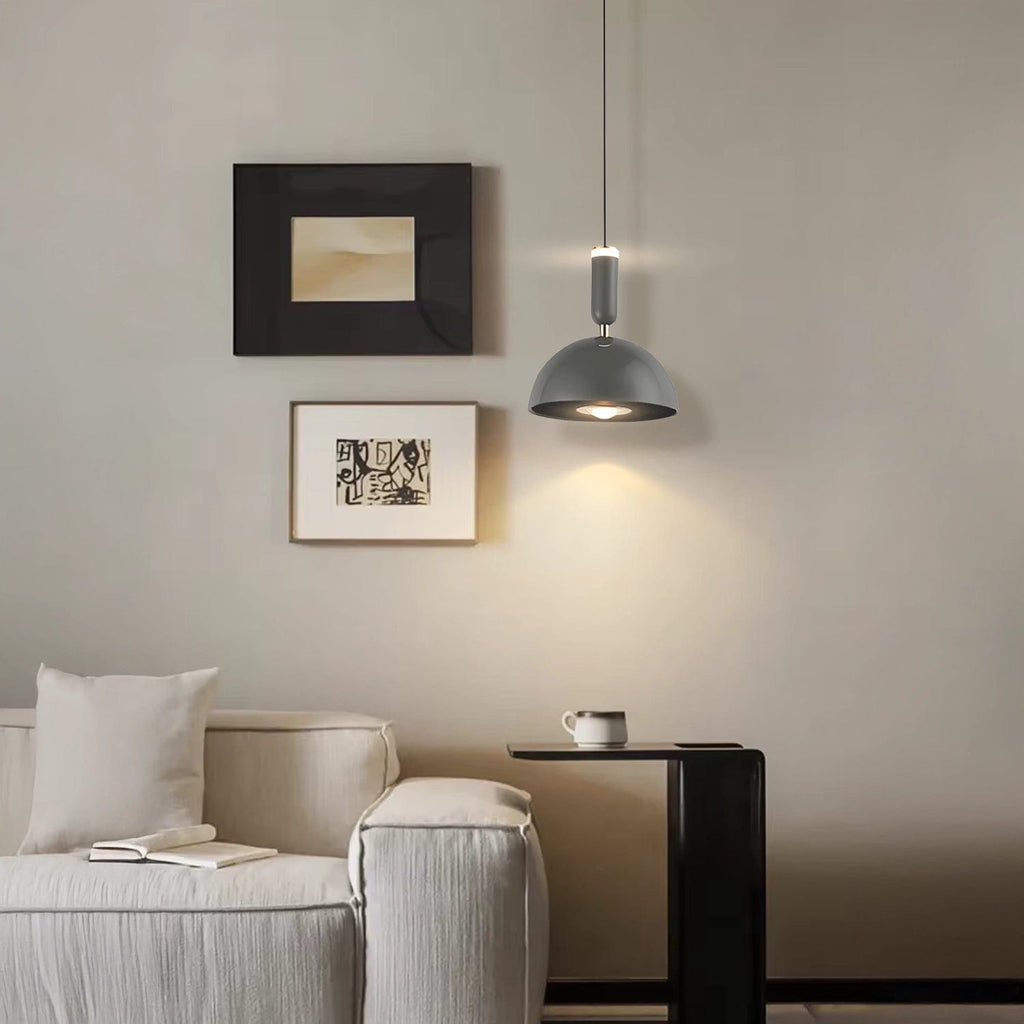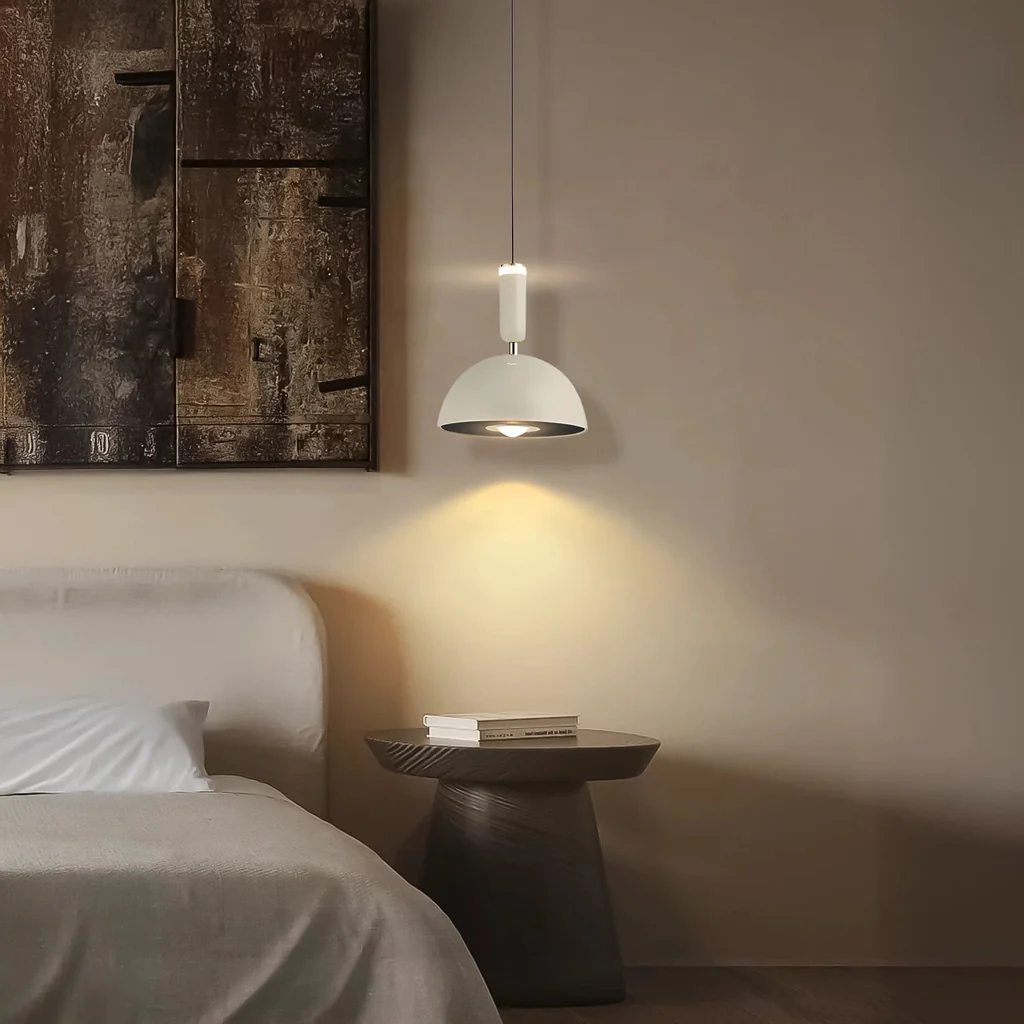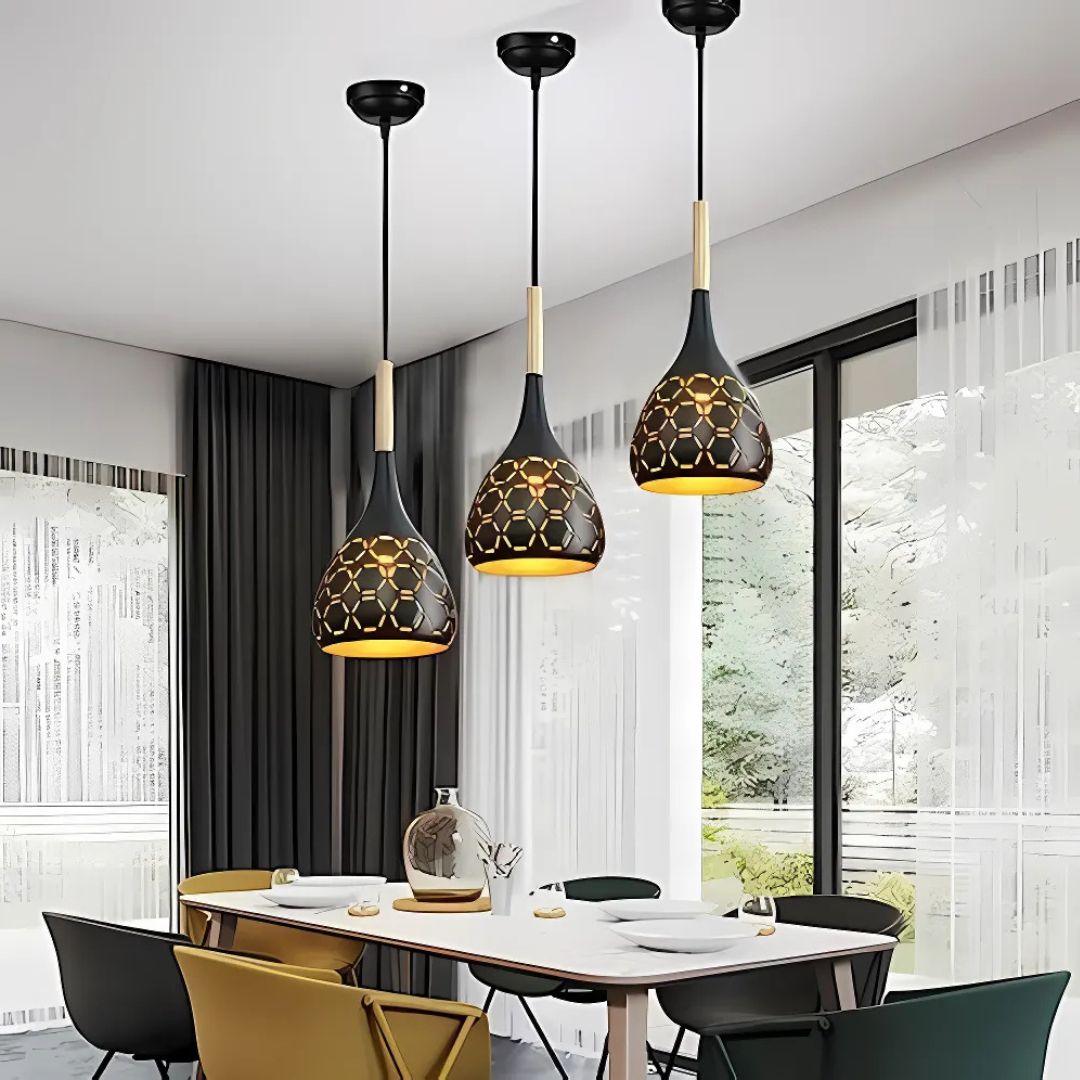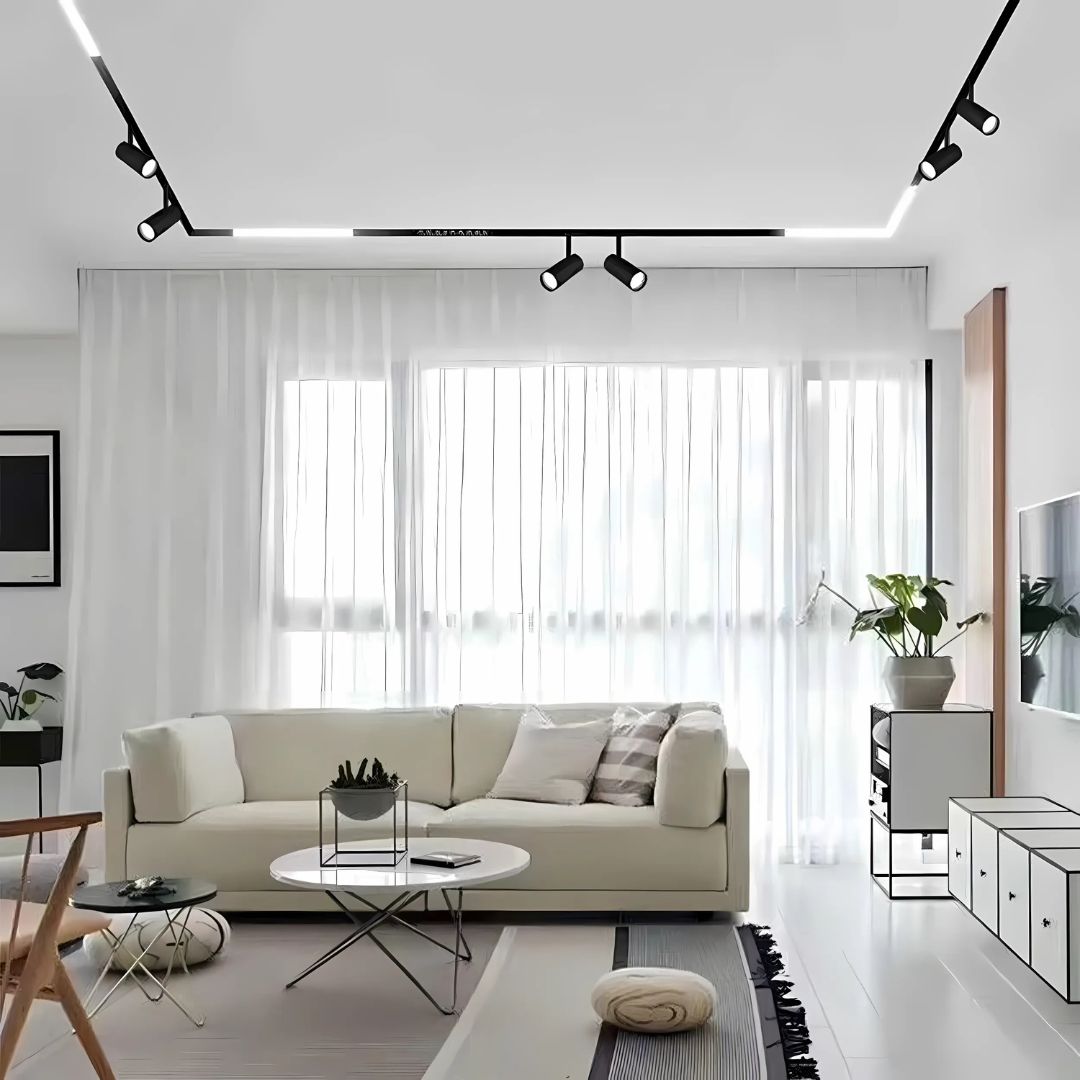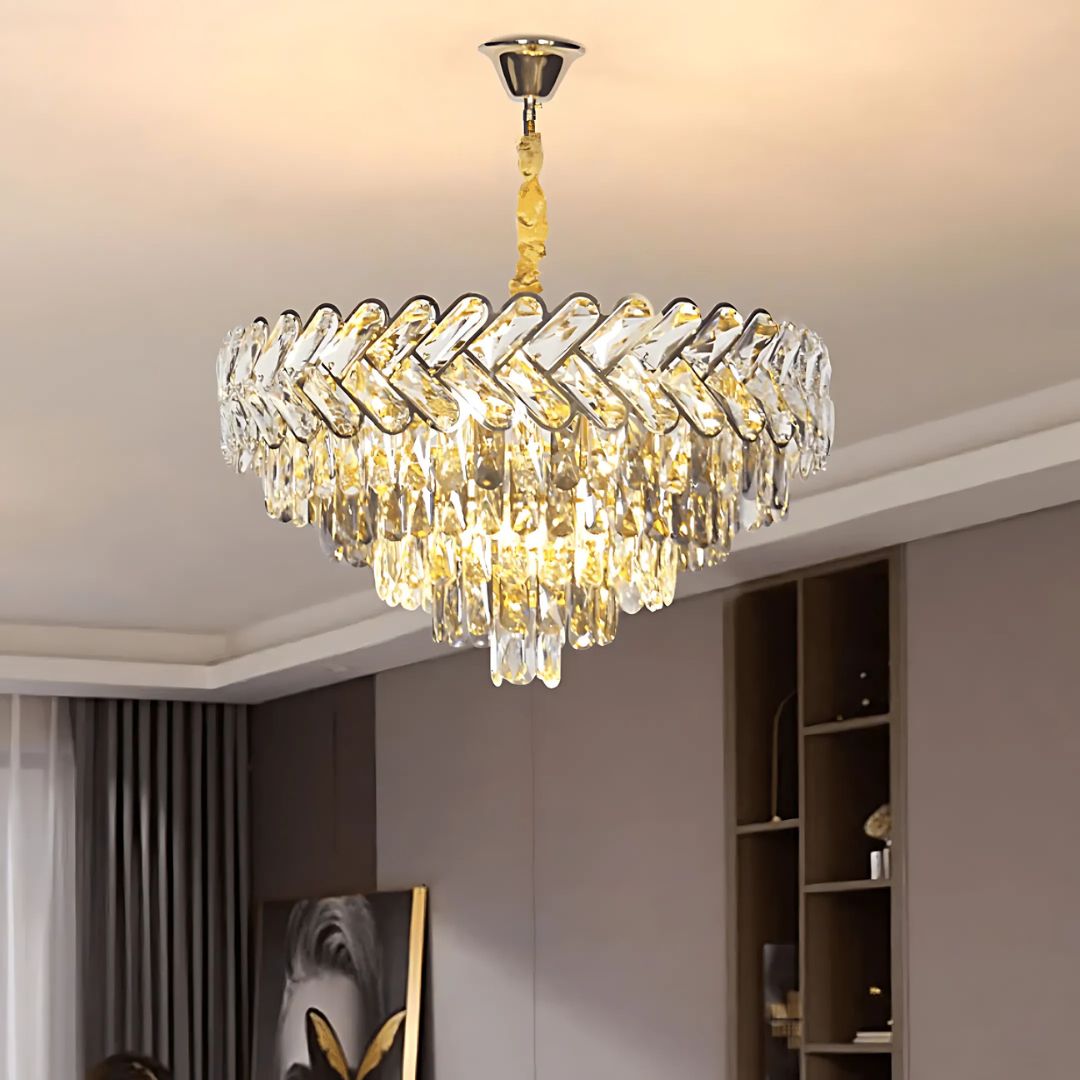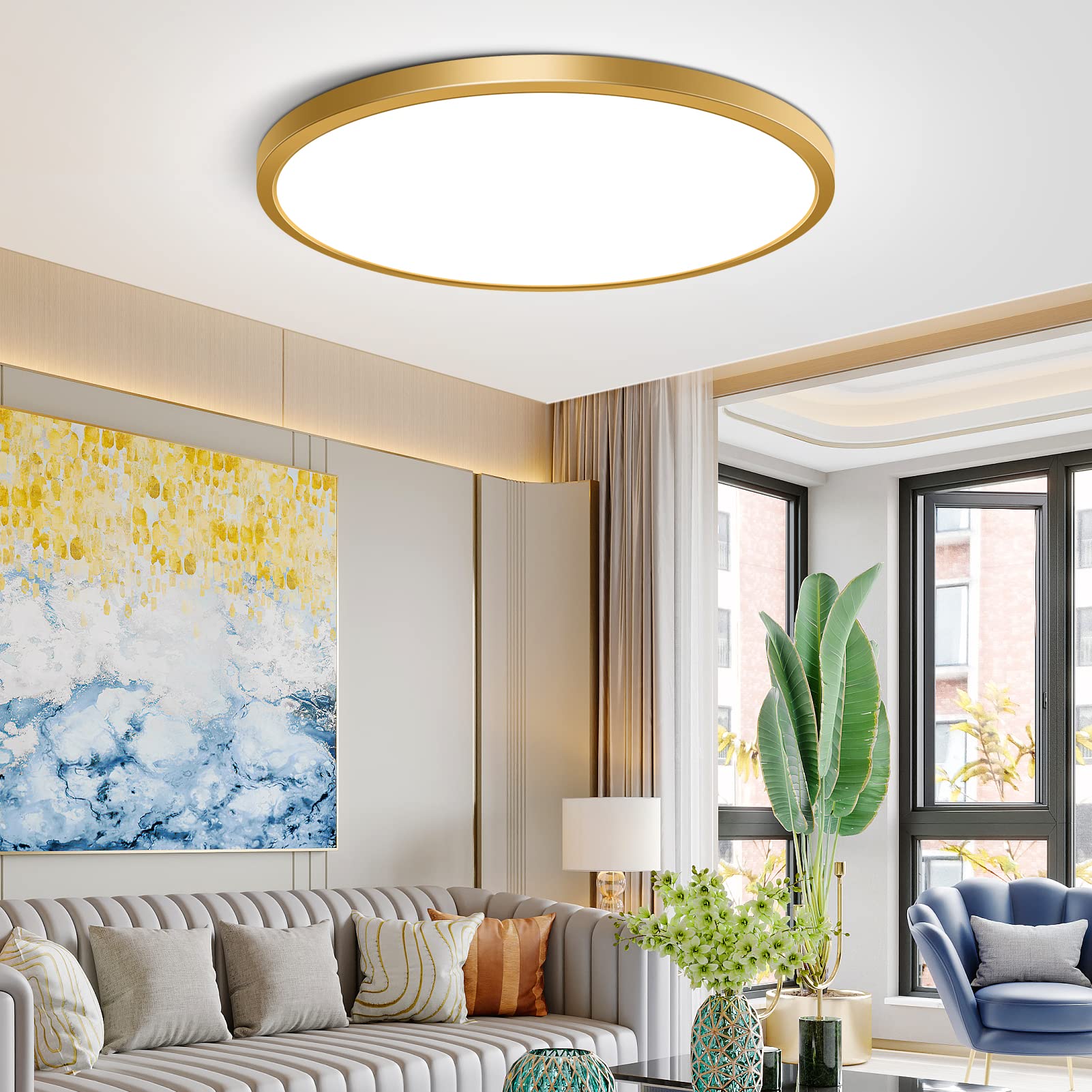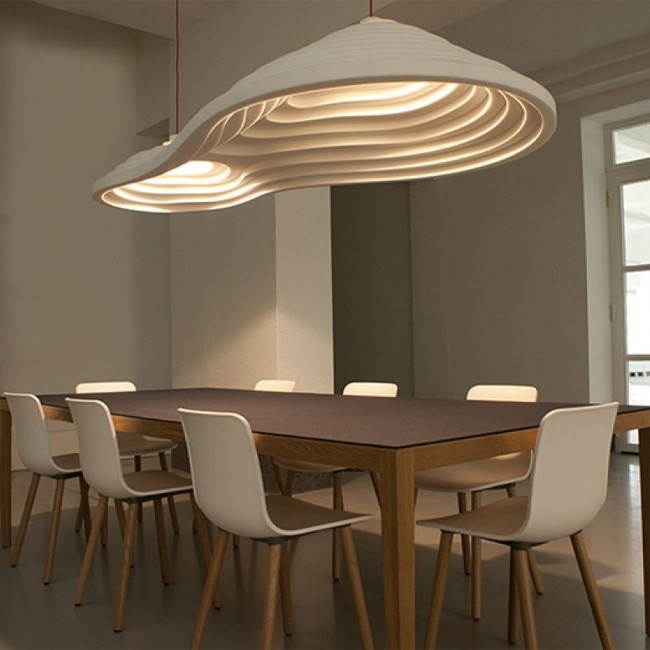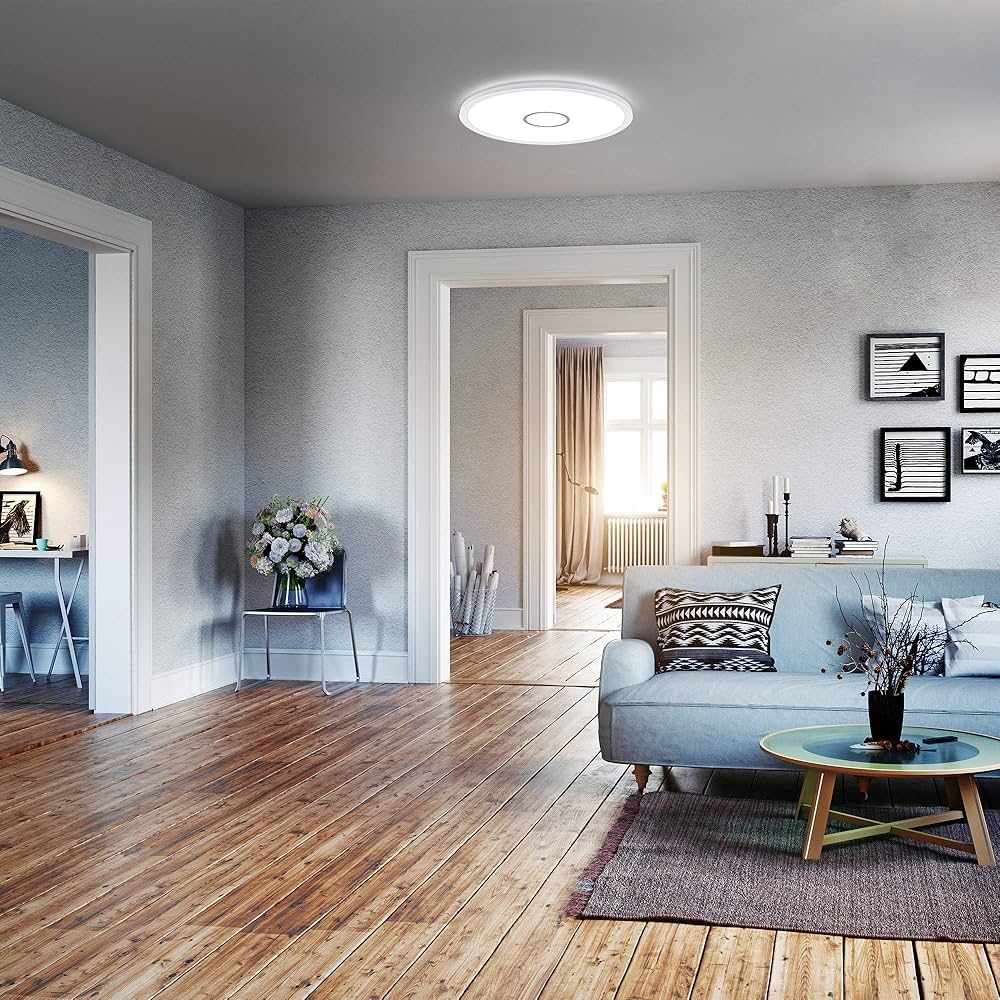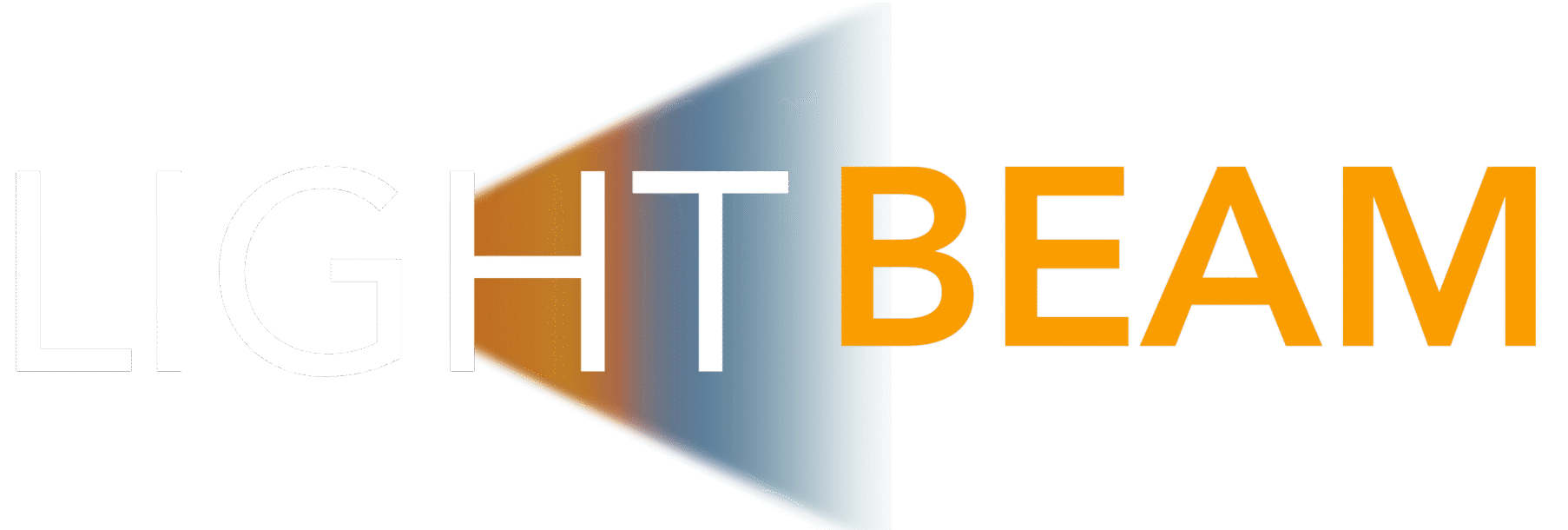Lighting Trends 2025: What’s In and What’s Out
As we enter a new era of design consciousness, lighting is no longer just a practical component of our spaces—it’s a central design element that shapes mood, enhances functionality, and defines character. From luxurious residential homes to streamlined commercial settings, the lighting trends of 2025 reflect a growing demand for innovation, sustainability, and personalized aesthetics. In this comprehensive guide, we explore what’s making a bold statement and what’s gradually fading into the past.
What’s In: The Top Lighting Trends for 2025
1. Sculptural Lighting Fixtures
Lighting has transformed into a form of art. In 2025, expect to see dramatic sculptural lighting that serves as the focal point of a room. These fixtures blur the line between function and art with abstract shapes, bold silhouettes, and handcrafted materials.
Examples:
- Oversized pendant lights in organic, fluid forms.
- Geometric chandeliers with metallic finishes.
- Statement-making wall sconces with asymmetrical designs.
Why it’s trending: People are seeking uniqueness and personality in their spaces. Sculptural lighting adds a custom, gallery-like quality to interiors.
2. Minimalist Smart Lighting
As homes become smarter, so does lighting. Smart lighting systems are evolving to offer seamless integration with AI assistants and mobile apps. But it’s not just about tech—aesthetically, these systems embrace minimalism with sleek, unintrusive designs.
Features to look for:
- Voice and app control
- Motion sensors
- Automated circadian lighting (to match your natural rhythm)
Why it’s trending: Convenience meets design. Users love customizing light levels based on mood, task, or time of day.
3. Layered Lighting Design
The “one-light-fits-all” mentality is out. Layered lighting—a combination of ambient, task, and accent lighting—is the gold standard in 2025. It allows for greater control of ambiance and function.
How to implement:
- Use recessed lights for ambient lighting.
- Add table or desk lamps for tasks.
- Highlight artwork with accent lighting.
Why it’s trending: People want spaces that are versatile, visually dynamic, and energy-efficient.
4. Sustainable and Recycled Materials
As sustainability becomes non-negotiable, eco-conscious lighting is on the rise. Expect to see fixtures made from recycled glass, reclaimed wood, natural fiber, and energy-efficient LEDs.
5. Biophilic-Inspired Lighting
Inspired by nature, biophilic lighting incorporates organic forms, warm tones, and natural materials to bring the outdoors inside.
Elements of biophilic lighting:
- Sunlight simulation through tunable white lighting.
- Fixtures made from stone, terracotta, or woven rattan.
- Leaf and floral motifs in design.
Why it’s trending: It’s part of the larger wellness design movement, helping reduce stress and boost mental health.
6. Matte Black and Earthy Tones
High-gloss finishes are being replaced by matte textures and earthy color palettes. In lighting, matte black remains a favorite, offering timeless sophistication.
Complementary tones:
- Rust
- Olive
- Sandstone
Why it’s trending: Earthy tones evoke warmth and calm, making spaces feel more grounded and inviting.
7. Mixed Materials & Textures
2025 celebrates contrast. Lighting fixtures now feature combinations of raw wood with metal, linen with stone, or frosted glass with leather accents.
Why it’s trending: It adds richness and tactile depth to interiors, appealing to multi-sensory design preferences.
8. Retrofit-Friendly Fixtures
Consumers are increasingly looking for lighting that can be easily integrated into existing infrastructure. Retrofit LED solutions that don’t require rewiring are seeing a rise in demand.
Why it’s trending: People want design upgrades without the renovation hassle.
What’s Out: Lighting Trends Fading in 2025
1. Overly Industrial Designs
The raw, warehouse-inspired look popularized in the 2010s is being replaced with softer, more refined aesthetics.
Why it’s fading: Harsh metals and exposed bulbs feel cold and impersonal, especially in residential spaces.
2. Edison Bulbs
Once a staple in modern rustic decor, Edison bulbs are losing their charm. They lack the efficiency and customization of modern LEDs.
Why it’s fading: Poor energy efficiency and dated aesthetics.
3. Single Overhead Fixtures
Relying on one ceiling light to illuminate an entire room is now considered outdated.
Why it’s fading: It doesn’t offer enough flexibility or aesthetic value.
4. Matchy-Matchy Fixtures
Lighting sets that perfectly match (e.g., all brass fixtures in every room) are giving way to more curated, eclectic combinations.
Why it’s fading: Uniformity lacks personality. Mixing styles adds visual interest.
5. Cold, Blue-Toned LEDs
Harsh white or bluish LED lighting is being swapped out for warmer, more natural color temperatures.
Why it’s fading: It can strain the eyes and create an uninviting environment.
How to Choose the Right Trend for Your Space
With so many exciting lighting trends in 2025, it can be tempting to embrace them all. But the key to a well-lit, stylish home or office lies in selective adoption.
Tips to consider:
- Align your lighting with your lifestyle and room usage.
- Prioritize energy efficiency and smart features.
- Don’t sacrifice function for style—both are equally important.
- Choose timeless elements as your base, and layer in trends through accent pieces.
The Future of Lighting Is Intentional
In 2025, lighting is not about following a formula—it’s about creating intentional experiences. Whether you’re illuminating a cozy reading nook, a productive workspace, or a luxurious bathroom retreat, the right lighting can enhance your wellbeing, productivity, and joy.
Stay inspired, stay updated, and most importantly, stay lit with purpose.
